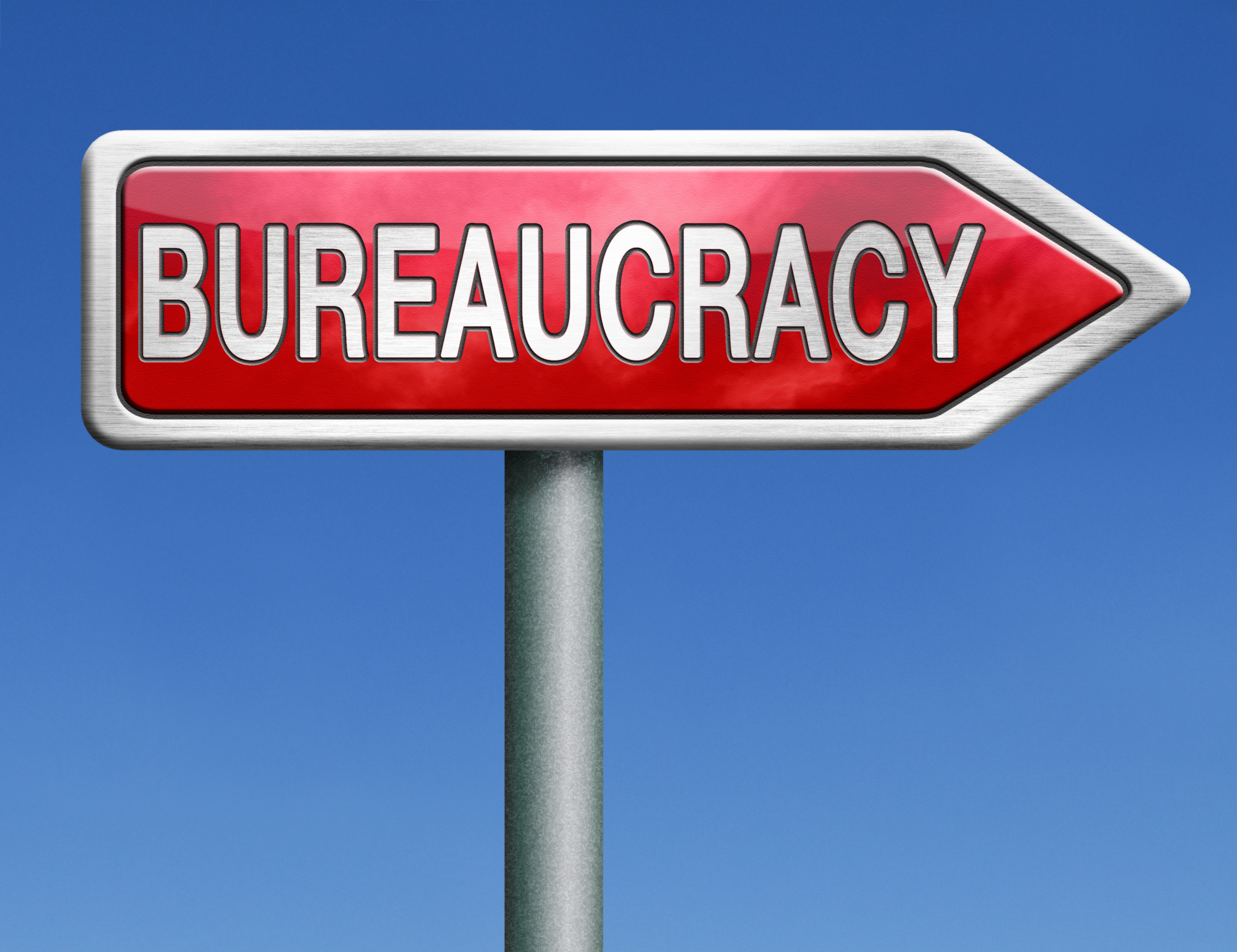India has a long tradition of bureaucratic functionaries. But, it was under the British imperial rule that the foundation of contemporary bureaucratic administration was laid.
With the growing functions of the modern state, bureaucracy has come to occupy a place of pre-eminence and wields a lot of influence and even control over policies of the government.
Historical Background of Indian Bureaucracy:
British laid the foundation of bureaucracy with aristocratic tinge, geared to sub-serve the interests of the alien country. It was a well knit, highly centralized, elitist body which behaved like a steel frame.
Post-Independence Scenario:
ADVERTISEMENTS:
At the time of independence India inherited a stagnant economy, disturbed by riots and exhibiting maladies of poverty, hunger, squalor, illiteracy and ignorance. Lack of resources and incapacity of the poor masses, motivated the leadership to envisage a scheme where state would play a major role in socio-economic sector.
They opted for twin objective of administrative development and developmental administrative to fulfill the objectives of a throbbing polity.
Constitutional Provisions:
The Constitution of India provides for a civil service under Union and the States. Article 310: provides for removal of civil servants.
ADVERTISEMENTS:
Article 311: provides for safeguards to civil servants.
Article 312: provides for creation of New All India Services by the Rajya Sabha.
There is Union Public Service Commission whose members are appointed by the President for recruitment appointment and taking disciplinary action against civil servants.
Working of Bureaucracy in the Task of Developments:
Some of the steps that were taken by the government to achieve the ideal of social justice were:
ADVERTISEMENTS:
i. Land reform programmes
ii. Community development programmes
iii. Democratic decentralization
iv. Poverty alleviation and employment generation programmes.
Limitations of Bureaucratic Functioning:
The results showed a compromising approach. It showed that the administrative system continued with machinery and personnel whose ethos and socio-economic outlooks were completely out of tune with the goal and values enshrined in the Constitution of India.
Causes of Failures:
The transformation brought about by the bureaucracy remained slow. The main reason was lack of competent and experienced leadership under whose influence bureaucracy was to function. Taking advantage of this situation, bureaucracy continued to grow in power.
The growth of unwarranted power was highlighted by A.D. Gorewala Report (1951), Appleby Report (1953), Administrative Reform Commission (1966-70), and Kothari Committee (1976).
The uncooperative and rude nature of the Bureaucracy is observed by C.P. Bhambari “in the Indian context there is dissonance between the orientation and attitude of higher civil servants and the national goals of planning, equality, secularism, social justice and democracy.”
Edward Shils says that the most vigorous of the intellectually endowed and highly educated go into administration, science, technology, journalism and even into industry where the rewards are high enough but politics-party politics puts them off.”
The increase in the functions of the Bureaucracy made the state more authoritative in the context of individual’s development.
Soon corruption was prominently visible in the ranks of bureaucracy. Further, the economic crisis, poverty, social crisis aggravated the situation and criminal bureaucracy nexus got into operation. This aspect has been reported by Vohra Committee.
With the move towards liberalized market economy replacing the state sheltered economy by a new package of industrial, fiscal and trade policies, the scenario is expected to change. There has been continued stress on dismantling “Licence- quota permit Raj” and giving way to market friendly economy.
The role of civil servants would certainly undergo a sea change. It has already begun to manifest in areas of financial and regulatory administration.
Bureaucracy can not wish to remain aloof from the societal environment. Rather, it has to realize that it is a part of it. It need to have a clear understanding of the social structure, value orientation, interplay of social, economic and political forces in the new situation.
The bureaucratic mindset, procrastination, inertia etc. must give way to attitudes and values typifying initiative, rigor, empathy, sense of commitment as demanded by time. It needs to move from an ethic of power to ethic of service.
It will also have to show more sensitivity to the virtue of integrity, functional efficiency and a source of fair play and impartiality.
Developing a new administrative culture is the need of the hour. To ensure a flexible and simplified structure and procedure we need to imbibe the spirit of development administration. It must be accepted that the system cannot be changed overnight, but there is an immediate need to begin now.
The enactment of Right to Information Act (2005) and trend towards more such enactment, viz., Whistle Blower Act will go a long way in heralding a new era of administration. Similarly according constitutional status to Panchayati Raj institutions is likely to bridge the gap between people and administration.
